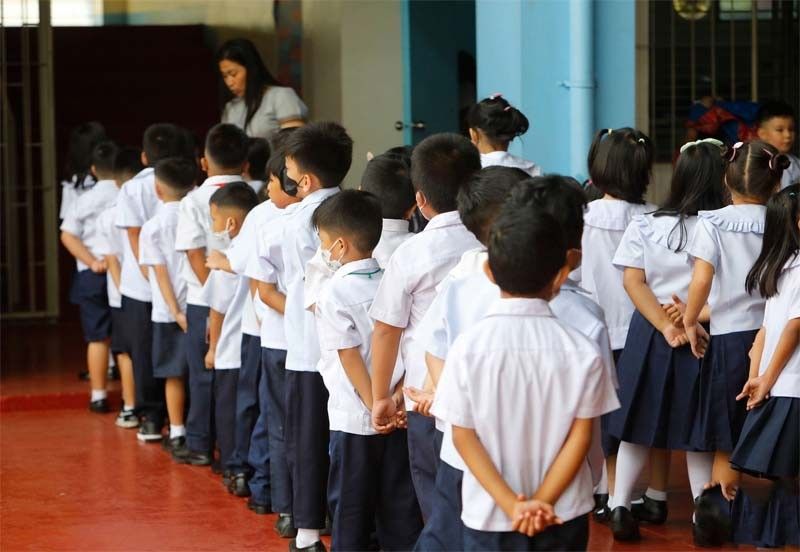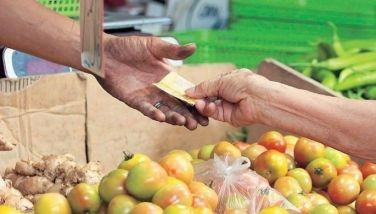COA flags delays, lapses in school feeding program

MANILA, Philippines — The Commission on Audit (COA) has flagged the Department of Education (DepEd) over lapses and the delayed implementation of the school-based feeding program (SBFP) in some areas last year.
In its 2022 audit report on DepEd, state auditors said several DepEd regional and schools division offices (SDO) incurred delays in the implementation of their respective SBFP, which had a total allocated budget of more than P82 million.
For instance, in Oriental Mindoro, some schools received the fresh pasteurized milk only in November 2022, even though the actual implementation of the program was from Sept. 12 to Oct. 21, 2022.
In Cotabato, the milk feeding program that should have been completed in 2021 was only implemented in February 2022 due to the late transfer of funds.
Other areas with delayed implementation of the SBFP included Makati, Baguio, Cagayan and Kidapawan.
“Due to the delayed implementation of the SBFP, some of the targeted beneficiaries were not able to complete the full cycle (first and second round of the feeding program), thus the maximum benefits from the program was not attained,” read the report.
“Also, the late execution of SBFP initially funded by GAA FY (General Appropriations Act for Fiscal Year) 2021 considerably affected the start of implementation of the SY (School Year) 2022-2023 SBFP that had overlapped in the ensuing year,” it added.
In September last year, Vice President and Education Secretary Sara Duterte issued a department order extending the period of implementation of the SBFP after several school division offices encountered delays in the procurement and distribution of food and milk products.
From the suggested April to July implementation, it was moved to September to November.
At the time, data showed that less than half of the target beneficiaries had completed the school-based feeding program and its milk component.
The latest COA report also noted several lapses, such as the use of unutilized SBFP funds worth P2.69 million in Pangasinan for payment of medical supplies without proof of compliance with existing policy.
Under the rules, excess SBFP funds should be used to feed all students enrolled, extend the number of feeding days or cover funding deficiencies in food and milk requirements.
It can only be used for other SBFP-related expenses, such as purchase of medical supplies and equipment, after fulfilling the above cited priorities.
COA said the SDO Pangasinan II failed to provide proof that the priorities were complied with before the funds were used for other purposes.
State auditors also flagged lapses in the procurement process of pasteurized milk and nutritious food products in three regions covering contracts worth P60.9 million.
In Cavite, over 500,000 bottles of pasteurized fresh milk worth P43.43 million were procured without strictly adhering to existing policies, such as having a proximate analysis on the physio-chemical and microbiological test and submission of proof of inspection and list of beneficiaries.
The COA report also found several cases of non-compliance with technical specifications in the SBFP contracts, such as lack of nutrition facts and manufacturing and expiration dates on some products.
There were also delays in the delivery in some areas in Baguio and Bulacan, resulting in spoilage of some milk products.
“The interest of the government was not protected and the attainment of the program objectives and the safety of the intended beneficiaries were put to risk due to non-conformance with specifications,” read the COA report.
“While the ascertainment and determination as to conformity/compliance or violation of the terms and conditions of the contract/agreement cannot readily be made due to non-indication of detailed item specifications in the purchase orders,” it added.
The respective managements of concerned DepEd offices have agreed with COA’s recommendations to ensure that the implementation of the SBFP is fully compliant with existing policies.
- Latest
- Trending

































